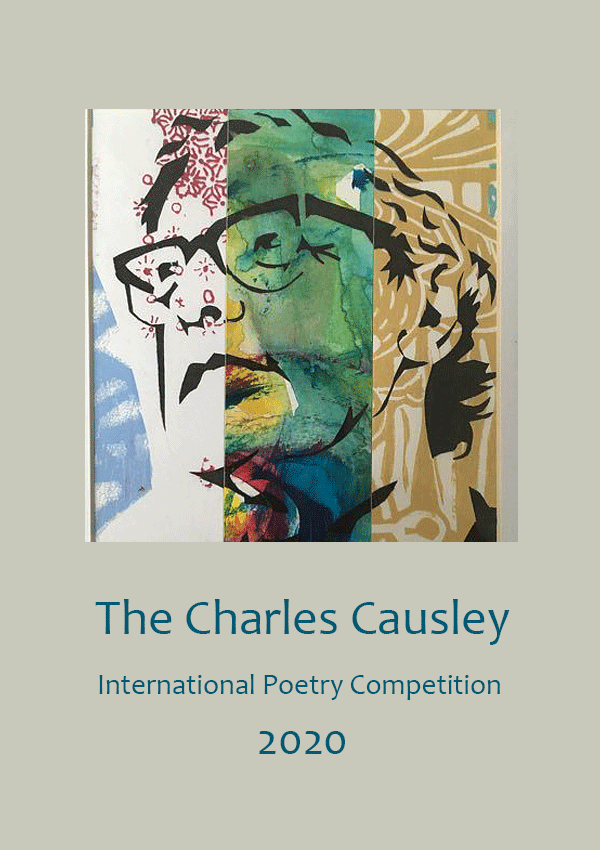


He was also a natural broadcaster – ebullient, trenchant, speaking with a Cornish accent. Introducing his Union Street (1957), Edith Sitwell appropriated a phrase used by Arthur Symons of John Clare: she said Charles’s poems were ‘made out of bright laughing sound’ but also pointed to the way some his work was strange, deeply moving and contains depths of tragedy. True, much of Causley’s work is buoyant, even bubbly it’s assertive and often witty (Betjeman, 1984 is a marvellously funny and affectionate send-up) but Sitwell was right and, as years passed, more of Charles’s poems were haunted by time and the dark, and informed by the memorable paradox, articulated while visiting the ‘Sphinx at Saqqara’, that ‘the price of love is love’.Ĭharles Causley was born in Launceston in Cornwall, the only child of a gardener and groom (who died of wounds sustained during the First World War when his son was just seven) and a domestic servant. He was educated at Launceston College, left school at fifteen and, excepting the war years and later long visits to serve as writer-in-residence in Australia and Canada, remained in Launceston all his life. He lived with his mother Laura and nursed her for six years after she had a stroke, and taught in a primary school until he took early retirement in 1976 (already aged 59). The editor of his letters will have a prodigious job on his hands.ĭuring a full writing life, Charles wrote poems, stories, libretti and reviews, and edited anthologies. Now don’t miss that Seneca.’ Response to place and weather, literary reference, and slightly owlish observation in just three brief, faintly archaic sentences: that was absolutely typical of the man.įor all their rivalries and alignments, writers tend to be convivial and collegiate. Charles Causley certainly was. ‘Fitzgerald says in one his letters,’ he wrote, ‘how important it is to kick around ideas with one’s friends that the curse of the solitary life is the way ideas (some good, some dud) can lie on the chest and curdle like undigested food.’ He appreciated and supported the work of many contemporaries, often behind scenes and he conducted a lively correspondence with a large number of people. Hughes’s village just outside Okehampton. Home in his beloved ‘Lanson’ after staying with me the following year, he wrote, ‘Howling wind and rain arose as I approached the Cornish border. When I first visited Charles Causley in 1967, I took a small engraving depicting Launceston’s hilltop Norman castle and two figures walking along a winding track towards the town. Charles inspected it, unbidden inscribed it in his lapidary hand ‘Charles Causley walks with his muse’, and gravely gave it back to me.


 0 kommentar(er)
0 kommentar(er)
